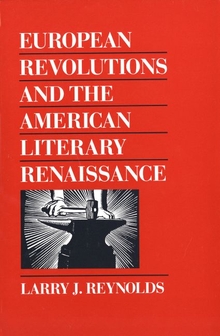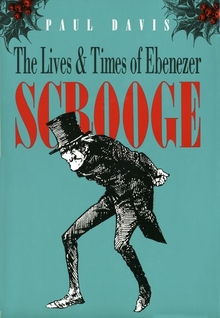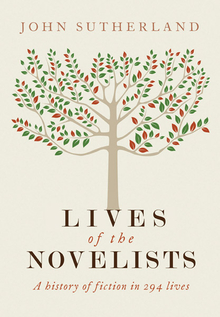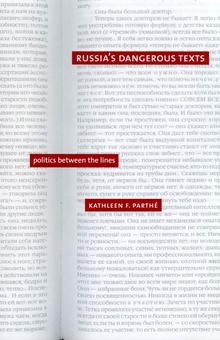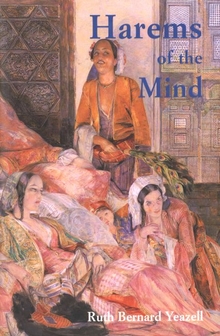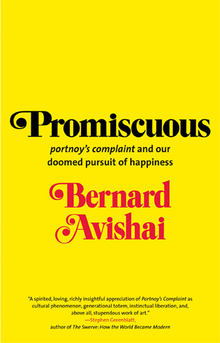European Revolutions and the American Literary Renaissance
WARNING
You are viewing an older version of the Yalebooks website. Please visit out new website with more updated information and a better user experience: https://www.yalebooks.com
Larry J. Reynolds
Political issues and events have always acted as a catalyst on thought and art. In this pioneering study, Larry J. Reynolds argues that the European revolutions of 1848-49 quickened the American literary imagination and shaped the characters, plots, and themes of the American renaissance. He traces the impact of the revolutions on Emerson, Fuller, Hawthorne, Melville, Whitman, and Thoreau, showing that the upheavals abroad both inspired and disturbed. Unlike many studies that have emphasized the national features and revolutionary spirit of our classic American literature, Reynolds's study, which places this literature in an international context, reveals its conservative, counterrevolutionary side.
Emerson, the writer first considered, witnessed the revolutionary turmoil in England and France during the spring of 1848. Reynolds contends that Emerson disdained the revolutions but was unable to resist their challenge: they inspired him to articulate with renewed vigor the idealism at the center of his spiritual life. Reynolds describes next the "Bloody June Days" in Paris and examines their effect on American writings, particularly Uncle Tom's Cabin. In his discussion of Margaret Fuller, Reynolds compares her response to the socialist revolution with Emerson's and demonstrates that her Tribune dispatches from Italy, written during the Roman Revolution, constitute a powerful historical narrative of unrecognized artistry and value. Turning to the writings of Hawthorne and Melville, Reynolds explains that these authors, who viewed the revolutions skeptically, were moved to incorporate into their masterpieces the imagery and issues attracting public attention around them. Focusing on Whitman's fascination with the revolutionary events he covered as an editor, Reynolds describes how under their influence Whitman conceived himself as a poet of insurrection and began Leaves of Grass. He concludes with Thoreau, showing how residual excitement about the revolutions led to the reshaping of Walden into a spiritual autobiography emphasizing purity and serenity.
Emerson, the writer first considered, witnessed the revolutionary turmoil in England and France during the spring of 1848. Reynolds contends that Emerson disdained the revolutions but was unable to resist their challenge: they inspired him to articulate with renewed vigor the idealism at the center of his spiritual life. Reynolds describes next the "Bloody June Days" in Paris and examines their effect on American writings, particularly Uncle Tom's Cabin. In his discussion of Margaret Fuller, Reynolds compares her response to the socialist revolution with Emerson's and demonstrates that her Tribune dispatches from Italy, written during the Roman Revolution, constitute a powerful historical narrative of unrecognized artistry and value. Turning to the writings of Hawthorne and Melville, Reynolds explains that these authors, who viewed the revolutions skeptically, were moved to incorporate into their masterpieces the imagery and issues attracting public attention around them. Focusing on Whitman's fascination with the revolutionary events he covered as an editor, Reynolds describes how under their influence Whitman conceived himself as a poet of insurrection and began Leaves of Grass. He concludes with Thoreau, showing how residual excitement about the revolutions led to the reshaping of Walden into a spiritual autobiography emphasizing purity and serenity.
Larry J. Reynolds is professor of English at Texas A&M University.
"Illuminating. . . . This book succeeds . . . in casting fresh historical light on several major texts of the American literary renaissance."—David S. Reynolds, Journal of American History
"This study is not merely an important rereading of our major authors and of a major period in our literary history, it is also a solid critique of the main tradition of American literary tradition from Matthiessen to Bercovitch."—Note: second "tradition" may be "criticism"—check this before quoting—Nina Baym, Journal of American Studies
"Larry J. Reynolds's European Revolutions and the American Literary Renaissance lucidly surveys the responses of six major writers to the European revolutions of 1848-49. . . . informative and challenging book."—Robert S. Levine, American Quarterly
"Reynolds' study serves . . . as a useful corrective and supplement to the studies of mid-nineteenth-century American literary creation. . . . One of the strengths of Reynolds' study is the material that he draws from contemporary newspapers, magazines, journals, diaries, and letters in documenting the American response to the revolutions abroad. . . . Reynolds' chapter on Margaret Fuller, 'The Cause and Fuller's Tribune Letters,' is particularly compelling. . . . Reynolds provides a valuable and suggestive chronicle of the ways the events and characters of the European revolutions intersected with the writers and writings of the American literary renaissance. In the course of Reynolds' study the European revolutions and the scene of international politics emerge as an important an enriching context in which to read and interpret the personal, political, and artistic creation of mid-nineteenth-century American writers."—Betsy Erkkila, Nineteenth-Century Literature
"Larry Reynolds' important new book, [is] part of the post-new left, self-consciously historicist effort to reconnect American literature to society. . . . Powerfully deploying his own original research and making splendid use of pictures, Reynolds has mounted the most fundamental challenge to The American Renaissance in fifty years. . . . The texts of the American renaissance, thanks to European Revolutions, will never look the same again. A paradox lies at the heart of Reynolds' enterprise, however, for he embeds his writers in history by sundering them from the history of the history of the United States."—Michael Rogin, American Literary History
"In a meticulously researched and nimbly written work of excellence, Larry Reynolds has illuminatingly, concisely, and lastingly given us a clear understanding of one of the most important factors of the times, the European revolutions of 1848 to 1849 in their impact upon American perspectives and perceptions."—Milton R. Stern, South Central Review
"The first book to deal extensively with the impact of the European revolutions of 1848 on American writers."—The Thoreau Society Bulletin
"[E]ach chapter brings fresh insights and a surprising amount of convincing information as to how these events influenced the major works of each, from Moby Dick to Walden. . . . It is stimulating and enlightening, one of the most lucid, coherent, and readable scholarly books I have had occasion to read. It demonstrates thorough, interesting, original research in sources little tapped, and it does so with clarity and facility of style that should grace more of our scholarly productions."—David B. Kesterson, The Nathaniel Hawthorne Review
"Extraordinarily well informed and creative treatment of the influences of the 1848-49 European revolutions on writers of the American Renaissance. . . . The book is especially effective in providing a historical context for reading major writings. It demonstrates influences at work at a number of levels and presents historical narrative and subtle readings of literary texts with equal clarity. Highly recommended."—Choice
"A readable, informed study that makes genuinely fresh and significant contributions to literary scholarship. A trail-blazing work."—Lawrence Buell, Oberlin College
ISBN: 9780300042429
Publication Date: October 26, 1988
Publication Date: October 26, 1988
224 pages, 6 1/8 x 9 1/4
30 b/w illus.
30 b/w illus.

